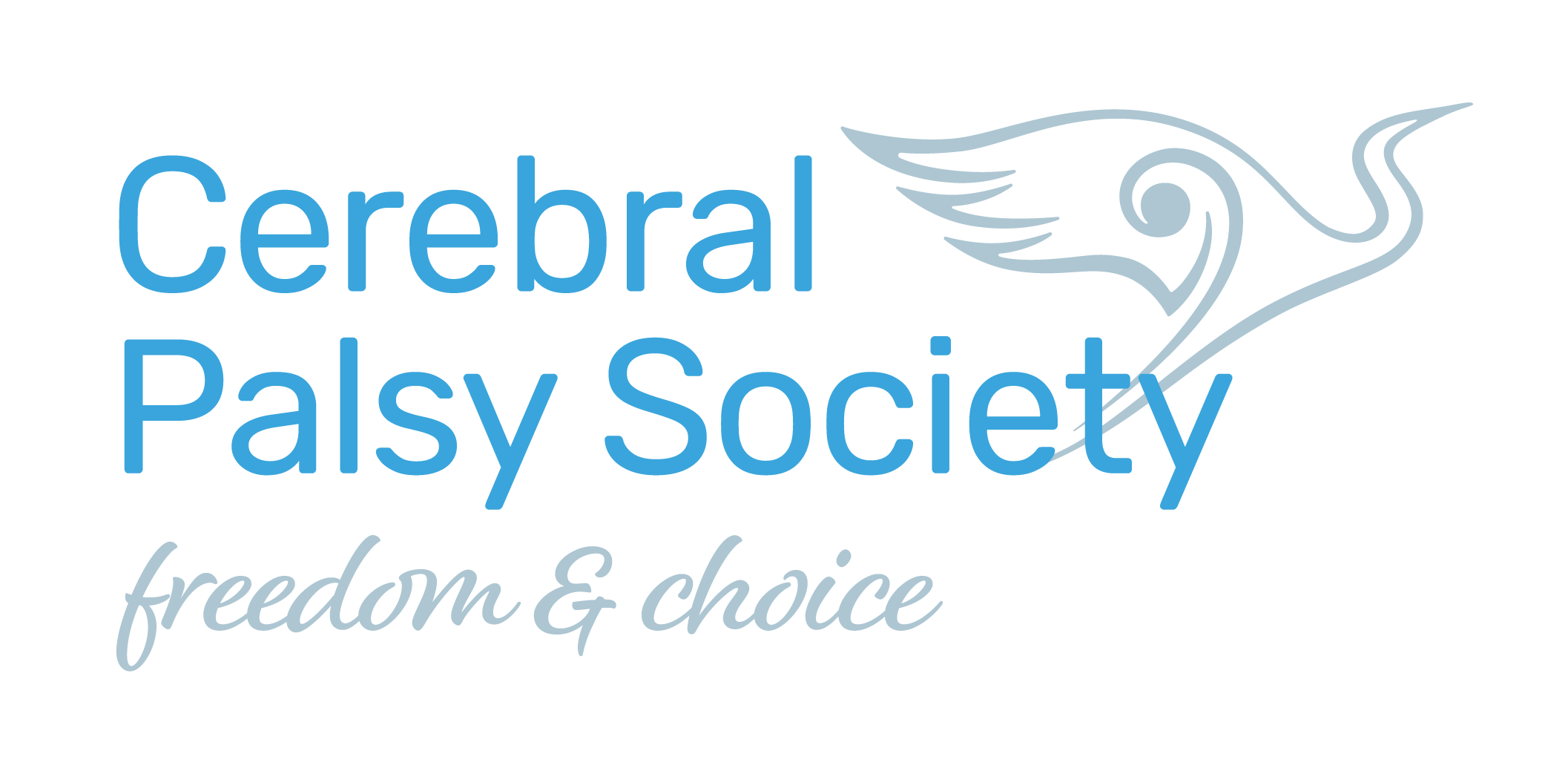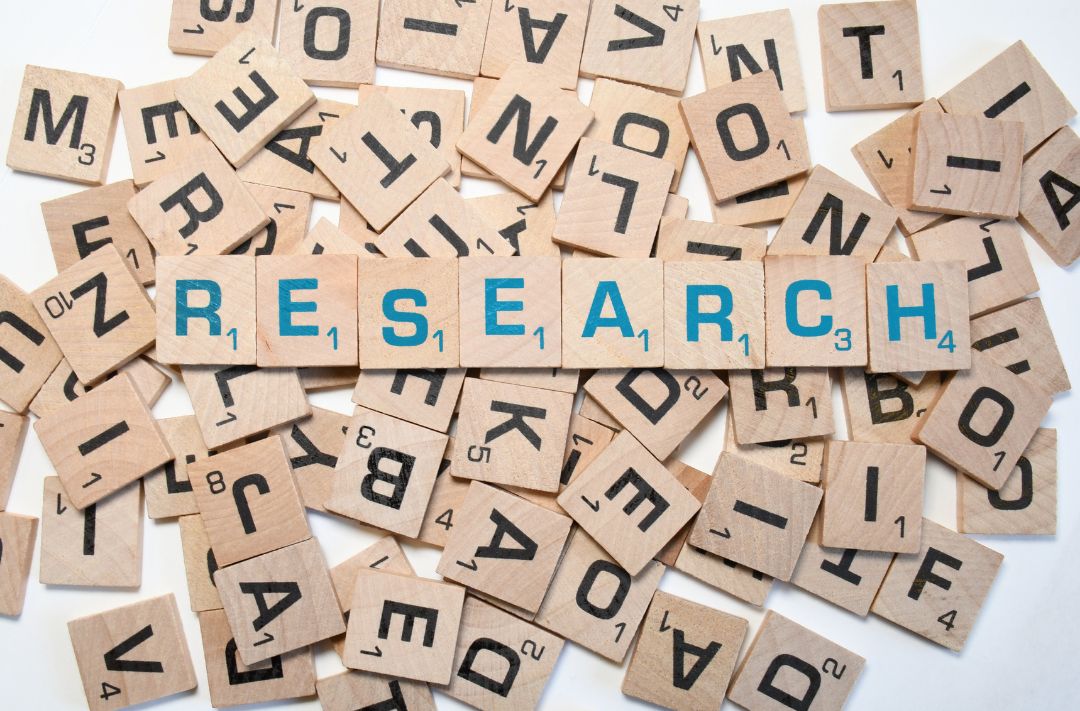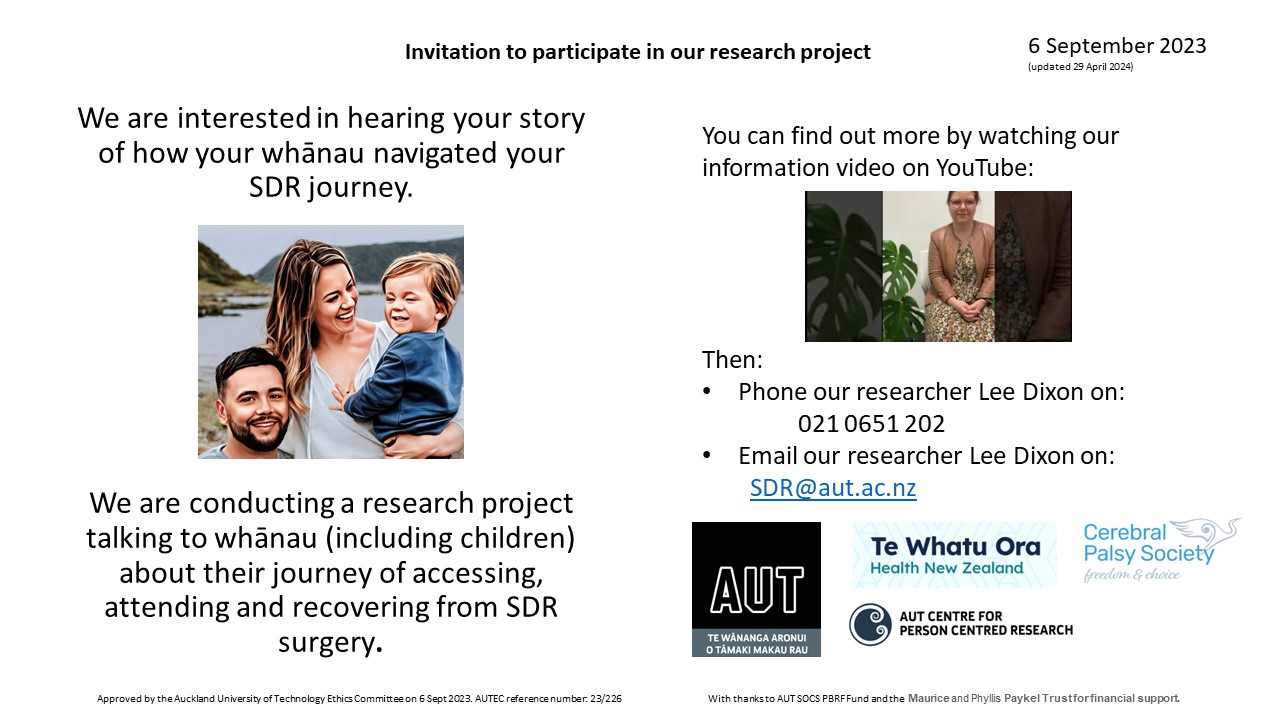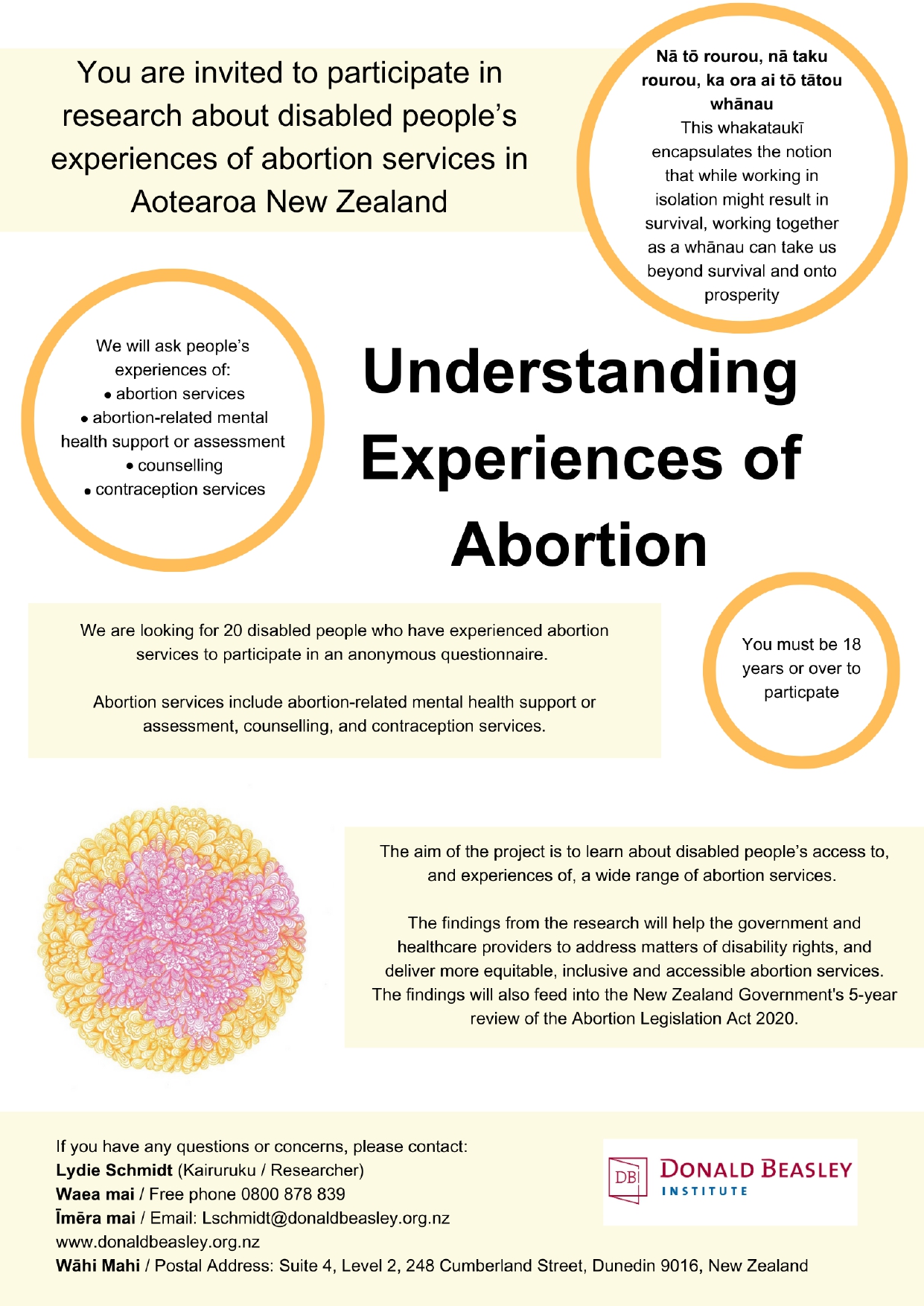Research opportunities
Cerebral Palsy is an exciting area of research, science, and clinical practice. Discoveries are being made all the time particularly when it comes to specific areas of living with CP, such as the difference between Level I and V.
The Cerebral Palsy Society regularly gets approached with research opportunities. This page is a place to learn about different studies and the summaries of their results.
- If you are interested in learning more about the studies listed below, please contact the researcher directly.
- If you would like information about CP research in general, please contact Cerebral Palsy Society Researcher and Writer Amy Hogan amy@cpsociety.org.nz.
- Anyone interested in having their research featured on this page should contact Cerebral Palsy Society Researcher and Writer Amy Hogan amy@cpsociety.org.nz. You will be asked to submit an intro of no more than 200 words, a 2-3 minute video or a written document (maximum of 1 x A4 page) explaining your research, and a head and shoulders photo of yourself.
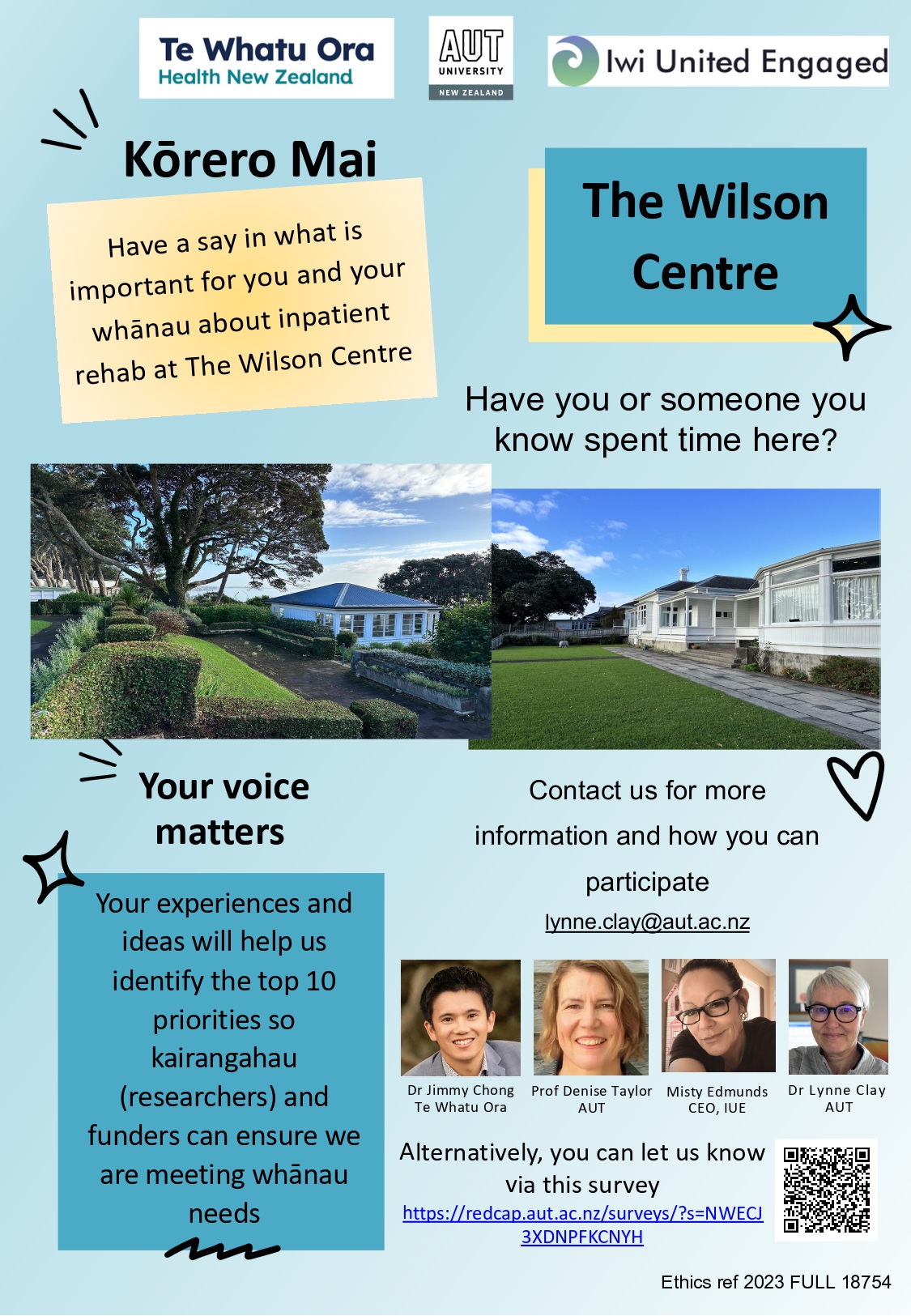
Paediatric inpatient rehabilitation: What’s important to you?
A group of researchers from the National Child Rehabilitation Service, Auckland University of Technology, and Iwi United Engaged want to know what you think are the most important issues to children and young people with neurological conditions receiving inpatient rehabilitation at The Wilson Centre.
Their goal is to provide a clear direction for future research in this area, so it benefits the lives of all individuals and their whānau/carers experiencing inpatient rehabilitation through The Wilson Centre.
Research on topics that matter to you
They are looking for individuals with knowledge of the service from referral to discharge and are focusing on rehabilitation for children and young people with injury or illness that affects the brain, spinal cord or nerves.
- People who have past or current experience of being an inpatient at The Wilson Centre
- Whānau and carers of people who have been an inpatient, or referred to The Wilson Centre
- Health, education and social care professionals with knowledge and experience of working with people who have been an inpatient, or referred to The Wilson Centre
- Community group representative(s) with knowledge and experience of working with people who have been an inpatient, or referred to The Wilson Centre
- People working/volunteering for community groups with knowledge and experience of assisting people who have been an inpatient, or referred to The Wilson Centre
How you can participate:
The researchers want to know the most important questions you would like answered by research about inpatient rehabilitation at the Wilson Centre. You can do this in-person at a group meeting/hui or by yourself or via an online survey.
https://redcap.aut.ac.nz/surveys/?s=NWECJ3XDNPFKCNYH
For more information or to register your interest in an in-person meeting email lynne.clay@aut.ac.nz
Watch this video about the research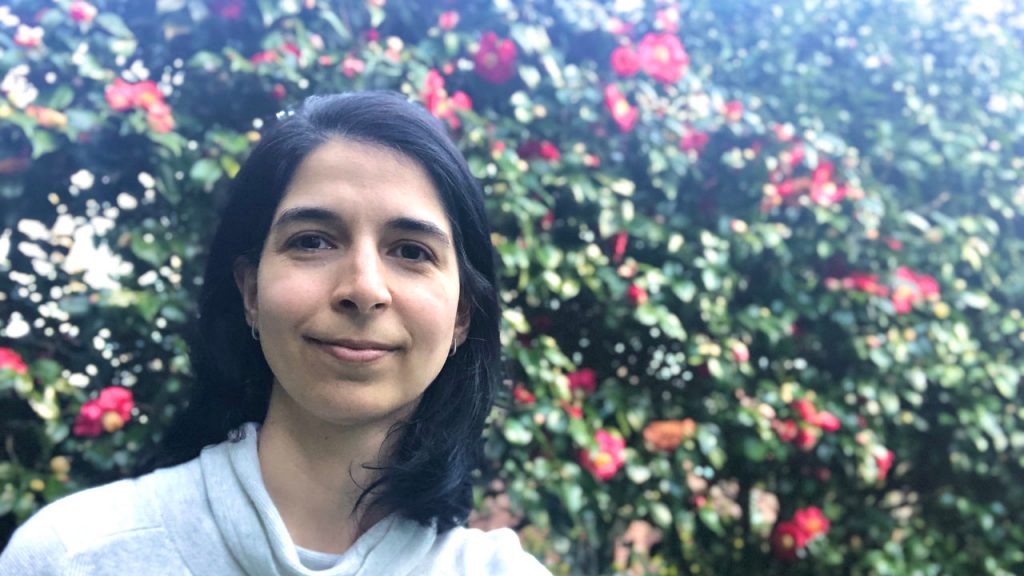
Healthy Ageing in Adults with Cerebral Palsy
Are you an adult with Cerebral Palsy 30 years or older? The University of Auckland is inviting you to participate in a study about healthy ageing with Cerebral Palsy.
This research explores the ageing experience of adults with hōkai nukurangi or Cerebral Palsy. They would like to hear about the health experiences from a wide range of adults with Cerebral Palsy, and learn about what it means to ‘age well’, and what can help.
The research is being carried out by Liggins Institute doctoral student Woroud Alzaher. You can read about Woroud and her research here.
Click here to find out more or take part in the studyNavigating the SDR journey
Researchers at AUT are interested in hearing how your whānau navigated the SDR journey.
They are conducting a research project talking to whānau (including children) about their journey of accessing, attending and recovering from SDR surgery.
For more information watch the YouTube video below, then contact researcher Lee Dixon:
- Phone 021 0651 202
- Email sdr@aut.ac.nz
Abortion is a Human Right and Health Issue: Disabled People’s Experiences of Abortion Services in Aotearoa New Zealand
This research seeks to understand disabled people’s access to, and experiences of, a wide range of abortion services in Aotearoa New Zealand. The findings from the research will help the government and healthcare providers to address matters of disability rights, and deliver more equitable, inclusive and accessible abortion services in Aotearoa New Zealand.
The findings will also feed into the New Zealand Government’s 5-year review of the Abortion Legislation Act 2020.
Researchers are looking for 20 people to answer a questionnaire.
They will also interview 12 people who answered the questionnaire and showed interest in doing a follow-up interview with one of the researchers.
All participants must be 18 or over and be able to provide informed consent to participate.
They would like to hear from people who have accessed abortion services or have thought about using abortion services since 2020.
The questions will be about your experiences of using or thinking about using:
- abortion services,
- abortion-related mental health support or assessment,
- counselling, and
- contraception services.
Questionnaire Patient Information Sheet
More info
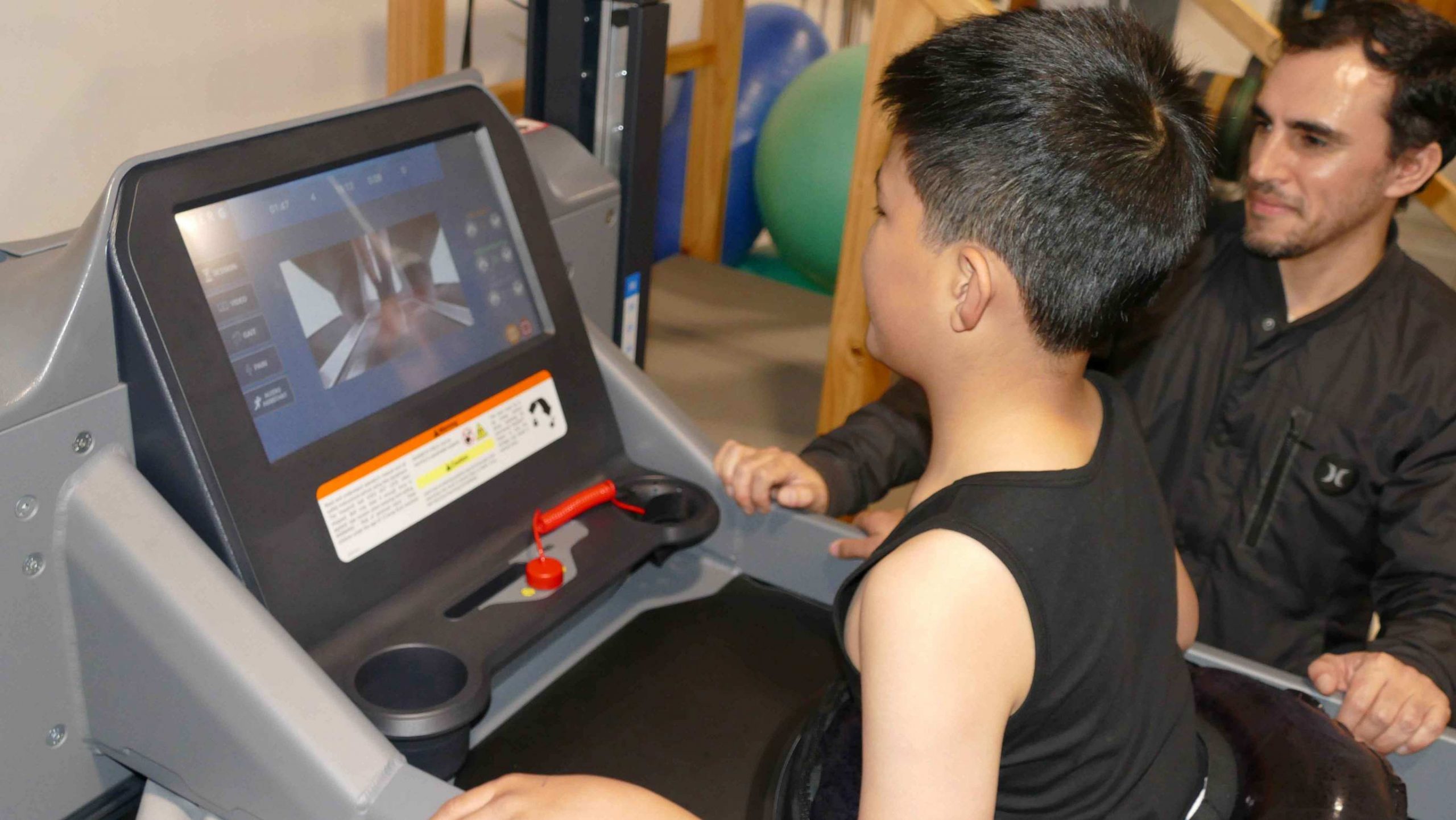
Scientists seek children with Cerebral Palsy for space-like anti-gravity walk
Anti-gravity training, similar to space-like walks, could help children with neurological and physical impairments improve their muscle coordination, strength and mobility.
An anti-gravity study led by Dr Pablo Ortega-Auriol, Research Fellow at the Auckland Bioengineering Institute and Department of Exercise Sciences Waipapa Taumata Rau, University of Auckland, is hoping to reveal and promote new muscle coordination patterns which could increase the quality of life for children living with cerebral palsy.
Pablo is looking at the coordination between muscles and muscle patterns to identify the primary movements of walking.
He is recruiting children aged from eight to 15 years old with cerebral palsy (GMFCS I, II, or III) to take part.
“It is a big commitment but once that baseline data is established, the plan is to develop a training programme as a rehabilitation tool.”
Learn more on this info sheet.
Anyone interested in participating or who has additional queries about the anti-gravity treadmill study can contact Dr Ortega-Auriol (p.ortegaauriol@auckland.ac.nz) or April Ren (a.ren@auckland.ac.nz).
Click here for an article from Radio New Zealand.
More infoJoin Our Online Community
It’s an important time to be connected. Connecting with your community is an incredibly powerful way to beat isolation at this time.
Join our online community today where you can speak with CPS staff, and other families around New Zealand who either have, or know someone living with Cerebral Palsy.
Visit our FacebookRequest A Call From Our Team
We’re here to help. If you’re feeling isolated or need support, our team is available to talk. Sometimes, having someone to chat with can make a huge difference during this time of isolation.
Why not request a call or email from the team today?
Request a call